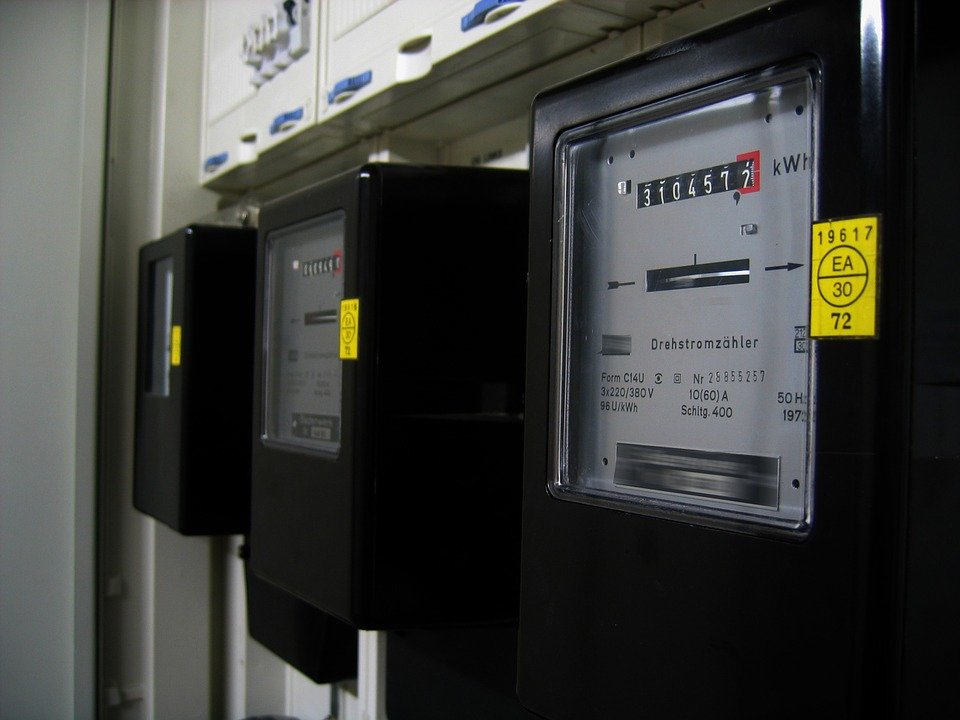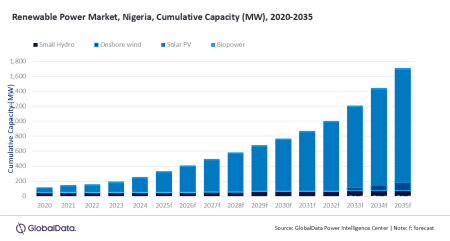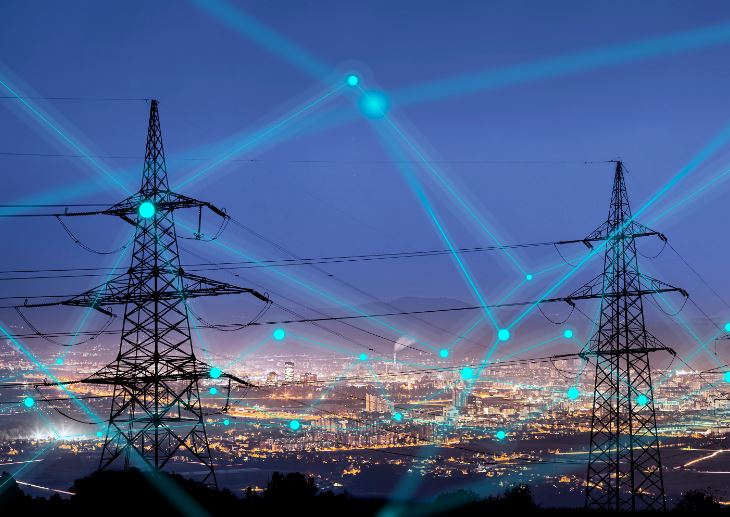
OpeOluwani Akintayo
08 October 2017, Sweetcrude, Lagos — In line with the Federal Government’s directive that Electricity Distribution Companies, Discos, should metre their customers to bring to an end the cycle of both estimated and crazy billing, the Nigerian Electricity Regulatory Commission, NERC, has disclosed that only 201,756 metres were funded by the discos since privatization.
‘Consultation Paper for a Regulation to End Estimated Billing in NESI’ by NERC and obtained by SweetcrudeReports, said only the stated figure was financed by the eleven electricity distribution licensees since takeover on November 1st, 2013.
Under the existing MYTO-2015 Distribution Tariff Orders issued by the NERC and the provisions of Performance Agreements signed with BPE, discos are allowed a prescribed level of Capital Expenditure, CAPEX to cater for customer metering, network rehabilitation, improvement and expansion of the network to areas currently not served.
“However, actual performance has been far below the set targets, with only 201,756 meters financed by the eleven (11) electricity distribution licensees since takeover on 1st November 2013.”
As at 31st July 2017, the number of metered customers stood at about 3,451,611 representing about 46% of the total customer population of 7,476,856 on the billing platform of the distribution licensees.
Abuja with a customer population of 862, 696, was able to metre 49, 775 from 2013 to 2016 plus just 2, 506 funded by the company, making a total of 52, 281. The company has a metering obligation per year of 96, 000.
Benin Disco has a customer population of 771, 226, 101, 640 were metered from 2013 to 2016, 11, 987 funded by the disco, making a total of 113, 627. The company has a metering obligation per year of 264, 000.
Eko Disco with a customer population of 442, 201, had metered 61, 527 within the years reviewed, plus 9, 494 funded by the company, making a total of 71, 021. EKEDC has a metering obligation per year of 204, 000.
The Enugu Disco with 809, 829 customer base, was able to metre 1, 396 within the years reviewed, plus 376 funded by the company, making a total of 1, 772 metered customers. The disco has a metering obligation per year of 48, 000.
Ibadan Disco has the largest customer population of 1, 474, 364 however, was able to metre 150, 766 plus 36, 000 directly funded by the company, making a total of 186, 766. It has a metering obligation of 217, 611 per year.
Ikeja Disco has 835, 736 registered customers under its care. The company did not provide the number of metres customers paid for since privatisation, however, 60, 852 were funded by it, making a total of 60, 852. It has a metering obligation per year of 120, 000.
The Jos Disco has 384, 691 customer base, said customers paid for just 63 meters while it paid for 3, 578 meters, totalling 3, 641 metered households. It has a metering target of 100, 000 yearly.
Kaduna Disco has a customer base of 641, 582. While customers accounted for 17, 016 installed metres, the company funded 32, 553, totalling 49, 569 customers metered. It has a yearly obligation of 187, 200.
Kano with 472, 453 customers signed onto it did not also provide the numbers of customers who paid for their metres. Meanwhile, the Disco said it had metered 2, 182 households, making a total of 2, 182. It has a yearly obligation of 100, 000.
Port Harcourt Disco with a customer base of 488, 600, has metered 24, 888 customers so far, plus 40, 868 funded by the Disco, adding up to 65, 756 metered customers within the years reviewed. The company has a yearly obligation of 252, 000 meters.
Lastly, Yola Disco with a registered customer base of 293, 478, had 3, 725 customers who paid for their metres, plus 1, 360 directly funded by it, making a total of 5, 085. The company has a metering obligation per year of 51, 600 metres.
In all, there were 7, 476, 856 registered customers under the eleven Discos. While 410, 796 paid for their metres under CAPMI, the Discos were able to fund a combined 201, 756 installed meters, making a total of 612, 552. The combined metering obligation of the discos per year amounts to 1, 640, 411 metres.
A report submitted in February 2012 by the then Presidential Task Force on Power, PTFP reported a customer population of only 5,113,135 and a metering gap of 53%.
With an updated customer population of 7,476,856 in August 2017, NERC said the ongoing obligated customer enumeration by the electricity distribution companies, would bring in a significant number of unmetered customers into the database of the distribution licensees thereby creating wider opportunities for investment in the financing of electricity metres for end-user customers.
A number of the licensees just commencing the enumeration exercise have recorded up to 300% increase in customer population in some areas thus reaffirming this growth potential, according to the commission.
“Customer numbers are also expected to grow considering that the MYTO 2015 financial model projected a conservative new customer growth rate of 9% per annum – an additional 300,000 to 500,000 metres shall be required every year over and above the metering rollout commitments made by the distribution licensees in the respective Performance Agreements signed with BPE”.
Other areas of growth in metering are the replacement of defective meters and the large base of technically obsolete electromechanical meters which are estimated at 1,725,806, that is, 50% of 3,451,611 installed metres.
Having highlighted the fallouts of the metering process, NERC blamed the Discos underperformances on their inability to raise funds, including tariff debts owed by customers.
‘It is generally considered that the capping of CAPEX by the Commission as a basis for managing the spike in end-user tariffs was partly detrimental to the attainment of the required level of metering in the industry but the main constraint was the inability of the DisCos to raise adequate financing for their capital investment requirements. A recurring consideration that has impacted on the ability of the NESI licensees to raise long-term finance has been the impact of accumulated tariff shortfalls in the books of the distribution licensees arising from the current liquidity challenge in the NESI”.
MYTO 2015 was introduced after the failure of the Credit Advance Payment for Metering Initiative, CAPMI, a recommendation of the Panel of Inquiry on Metering in NESI.
The commission had in the year 2013, introduced the CAPMI scheme under which willing customers paid for electricity meters through an escrow account jointly managed by the distribution licensees and the Meter Vendor and Installer.
Under CAPMI program, customers financed the supply and installation of electricity meters in their premises and the cost plus 12% interest recovered in the form of electricity credit over an agreed period by the discos.
However, the CAPMI scheme, which initially proved to be a viable option, became riddled with a lot of challenges which included the inability of NESI and failure of the discos to procure the meters at the rates approved by the commission, and the prescribed installation of the meters at customers’ premises within the specified 45-day period allowed in the CAPMI order.
The Commission eventually discontinued the CAPMI scheme in September 2016 and directed the distribution licensees to commence the full implementation of their metering schemes in accordance with their five-year metering roll-out obligations under the Performance Agreements signed with the Bureau of Public Enterprises.
In a hint that discos have been in talks with NERC over their incapacity to fund the metering process alone, in an interview with SweetcrudeReports last month, Chief Executive Officer, Eko Disco, Oladele Amoda, revealed that CAPMI will be reintroduced, adding that this time around, the scheme will be more transparent that it was.



